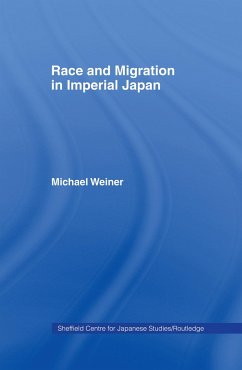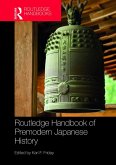"Race and Migration in Imperial Japan" examines the relevance of racial discourse in the foundation of the Japanese identity over the course of the last century. The treatment of Japan's minority populations--of which Koreans are the largest group--remains circumscribed by racial assumptions first formulated during the Tokugawa period and reinforced by the later construction of a Japanese national identity. Michael Weiner examines the complex interplay of ideologies concerning race, empire and nation which determined the nature of colonial rule in Korea and the treatment of labor drawn from the colonial periphery. The book deconstructs the myth of Japanese cultural and racial homogeneity and the idea of a "Japanese race." Weiner also examines the causes and consequences of colonial migration. Rather than identifying the "push factors" which caused immigrants to move, he focuses on the more dynamic "pull factors" which determined immigrant destinations. He also analyzes the structural need for low cost temporary labor which Korean immigrants filled.
Hinweis: Dieser Artikel kann nur an eine deutsche Lieferadresse ausgeliefert werden.
Hinweis: Dieser Artikel kann nur an eine deutsche Lieferadresse ausgeliefert werden.








